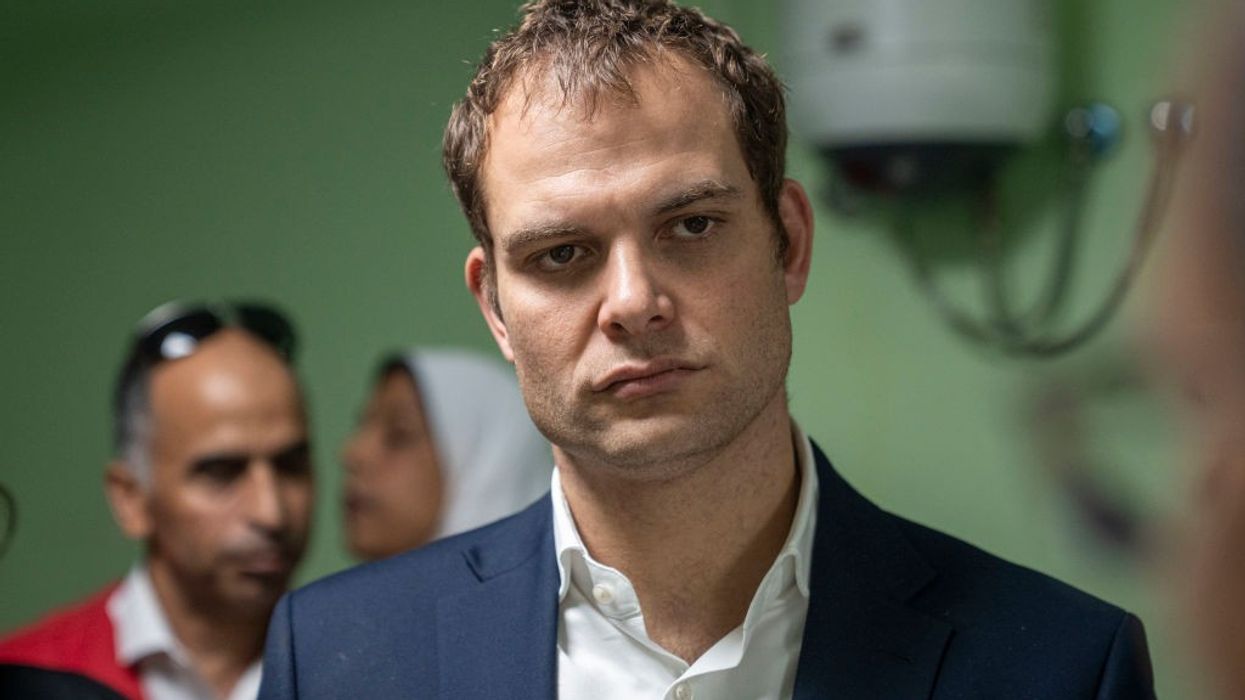THE UK and the US governments have urged India and Pakistan to avoid escalating tensions following a deadly terrorist attack in Pahalgam, Kashmir, which killed 26 tourists last Tuesday (22).
In London, Foreign Office minister Hamish Falconer responded to an urgent question in Parliament tabled by British Sikh Labour MP Gurinder Singh Josan about the UK's role in supporting India.
"The horrific terrorist attack in Pahalgam was devastating," said Falconer. "We call on all sides, all community leaders and all involved to call for calm at a time of tension in the region."
The minister confirmed that Britain would support India in bringing the perpetrators to justice, stating: "We want to see the perpetrators held to justice properly, and we will be supporting India to do so."
Concerns about community tensions spreading to the UK were also raised in Parliament, with shadow foreign secretary Priti Patel questioning what actions were being taken to prevent escalation among diaspora communities.
"British Pakistanis and British Indians are valued parts of our community, but we look to all community and faith leaders to spread the message that now is the time for coming together across religious and ethnic differences," Falconer responded.
The minister also addressed concerns about a Pakistani official allegedly making a threatening gesture towards Indian protesters in London, confirming that the Metropolitan Police are investigating the incident.
Meanwhile, in Washington, the US State Department spokesperson Tammy Bruce announced that secretary of state Marco Rubio plans to speak with foreign ministers from both countries "as early as today or tomorrow" and is "encouraging other national leaders and foreign ministers to reach out to the countries on this issue."
"We are reaching out to both parties, telling them not to escalate the situation," Bruce said during a press briefing.
The US has publicly expressed support for India after the attack, with both president Donald Trump and vice president JD Vance condemning the violence, though Washington has not criticised Pakistan.
India has blamed Pakistan for the attack, which was claimed by The Resistance Front (TRF), described as a proxy of the banned Pakistan-based Lashkar-e-Taiba (LeT). Pakistan denies responsibility and has called for a neutral investigation.
Relations between the neighbours have deteriorated rapidly since the attack. India suspended the 1960 Indus Waters Treaty that regulates water-sharing from the Indus River, while Pakistan closed its airspace to Indian airlines. The countries have also exchanged fire across their de facto border.
Indian prime minister Narendra Modi met with his top defence brass on Tuesday (29), telling them the armed forces have "complete operational freedom" to decide on the mode, targets and timing of India's response to the attack, according to government sources.
Modi reportedly expressed "complete faith and confidence in the professional abilities of the armed forces."
Pakistan's defence minister Khawaja Asif has warned that a military incursion by India is imminent.
Earlier, UN secretary general Antonio Guterres has spoken separately with Indian external affairs minister S Jaishankar and Pakistan prime minister Shehbaz Sharif. In a post on social media platform X, Jaishankar said: "Received a call from @UN SG @antonioguterres. Appreciate his unequivocal condemnation of the terrorist attack in Pahalgam. Agreed on the importance of accountability."
The UN chief offered his "Good Offices" to support de-escalation efforts and expressed deep concern about rising tensions.
(Agencies)





